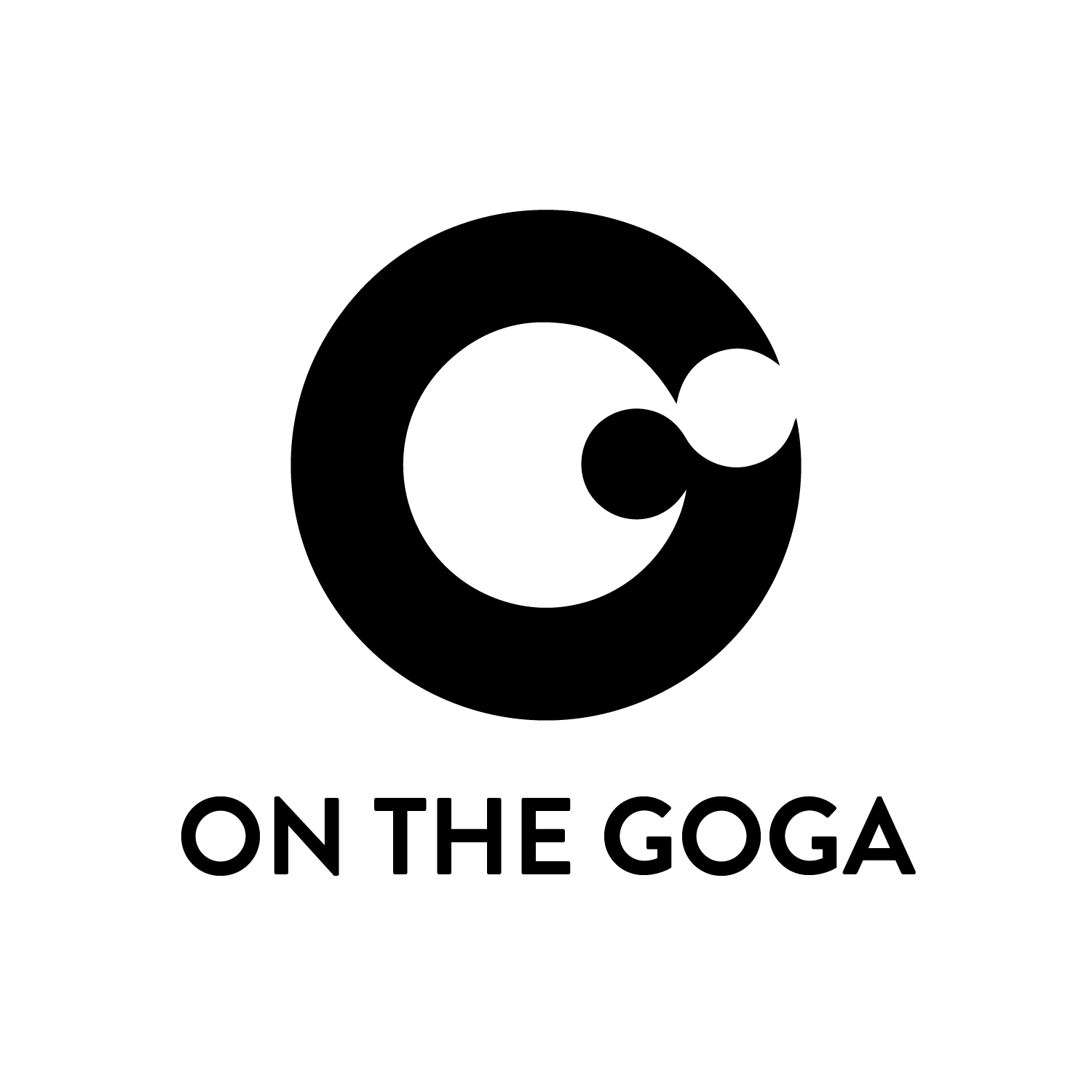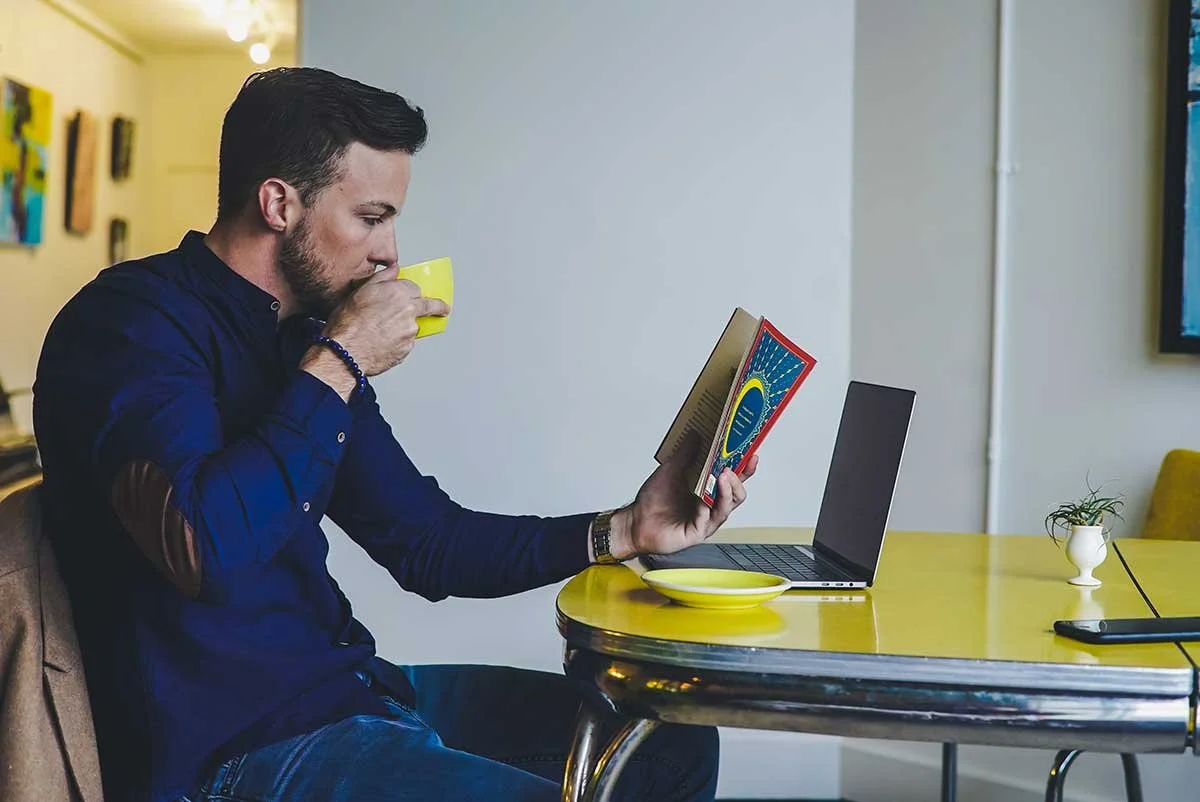Why Being Deliberate is Better than Being Disciplined - The scientific case for waking up early
Adapted from an Article in Ladders News*
It took me four years to realize how much of a difference it makes to wake up early, and I must say, I recommend it.
At first, it was a nightmare. Just thinking about actually waking up was hard enough, and then adding morning exercise to that equation seemed awful. After the first month, I realized the habit of waking up early was having a bigger impact on my life. Waking up before the rest of the world allowed several hours for me to focus on myself and my goals. This became my “deliberate practice”.
An article published by Ladders News unpacks the scientific case behind this personal experience. The article, written by PhD candidate Benjamin Hardy, explores why waking up early is actually less about cultivating discipline, and more about living a deliberate life.
According to Stanford Psychologist, Bj Fogg, “willpower is not how you build good habits. Instead, you need to design your environment and life for them. You need to get small wins every single day, which stack on top of each other.” In other words, we need to shift our mindset away from “how can I force this habit to fit into my life,” and towards “how can I shape a life built on meaningful habits?”
Waking up early is the perfect way to start a practice of deliberate living. People who wake up early are generally more confident, positive, and productive, but a 5am alarm clock alone isn’t what creates these positive changes. Waking up early is a deliberate practice that sets the stage for more deliberate practices. To add more meaning to our day, let’s look at a few simple tasks we can commit to once we’ve set the alarm clock:
CREATE A MORNING ROUTINE THAT GETS YOU INTO A PEAK-STATE OF MIND
Preparing yourself mentally is key. You may workout, read, meditate, or listen to an inspirational podcast. This morning ritual can take out of the rush of daily life, and allow some time to reset and enjoy yourself before starting your day.
PUT YOUR PHONE AWAY OR ON AIRPLANE MODE FOR A FEW HOURS EACH DAY
The more dependent you are on your phone, the more distracted you are by it. Having your phone next to you, or even in your line of sight, shifts your attention. The easiest way to avoid checking your phone every 5 minutes is to turn it off and put it away. Try it for 30 minutes and see how you feel.
FOCUS ON RESULTS, RATHER THAN THE HOURS YOU PUT INTO A TASK
Working smarter, not harder is the key to better results. While taking on a task, identify what your ideal outcome is before you start working. Sometimes we come to our solutions faster when we know what they are before we set out to complete them.
These deliberate practices are little things that make a big difference in how we perceive our day. This progress leads to two key concepts of high performance called, ‘deep recovery’ and ‘deep work.’
Let’s break both down:
‘Deep Recovery’ is the experience of being away from work physically and mentally; a moment where we are genuinely not thinking about work related tasks or ideas. It is the act of totally disconnecting from work and just thinking about your personal wants and needs.
Deep Recovery allows then, for ‘Deep Work.’ Deep Work is the experience of being focused on the task at hand for a prolonged period of time. For example, focusing on work all day without distraction. By committing to Deep Recovery through deliberate practices, we set the stage for Deep Work.
The reality is, that we live in a world of distraction which often doesn’t allow us to operate at our “best.” Hardy talks about the power that distraction plays in shaping our life. He says, “Most people are too caught up living and have no clue how to actually design a life. A life is something you build and create, not something you do.”
Let’s face it, sometimes deliberate practices take discipline. Waking up early is one of the toughest things to do, and for some of us it feels like something we never want to think about doing. But consider your life: What are your deliberate practices? Are you creating space for Deep Recovery? Deep Work?
If we design the way we spend our time and commit to the life we want - it will only enhance our work. If you’re looking for a place to start, open up that alarm clock app… we’ll see you at 5am.
Source: https://www.theladders.com/career-advice/waking-up-early-the-scientific-argument
Workplace wellness is kind of our thing.
Find out how we are helping companies that care, take care of their employees:




